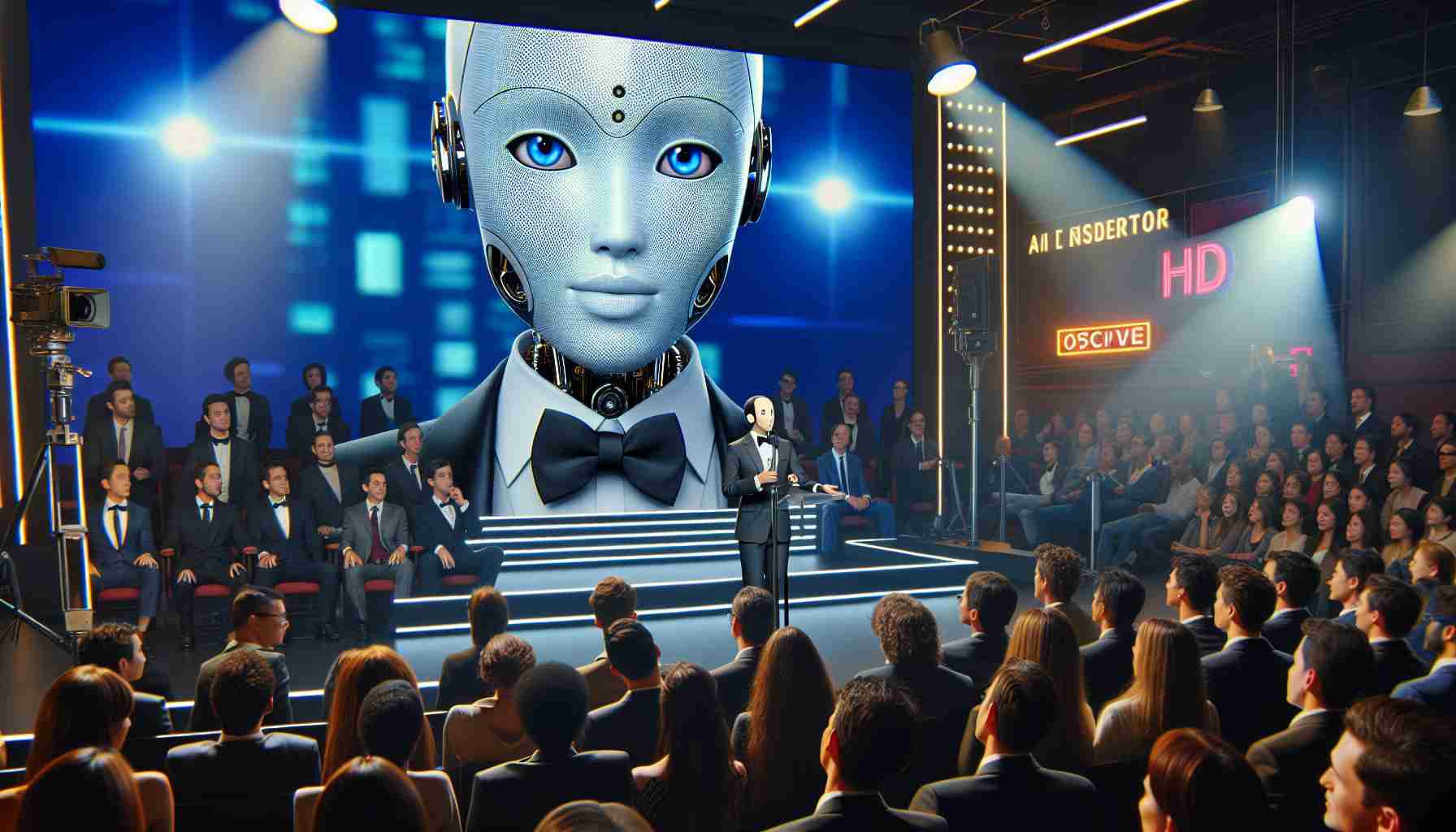OpenAI’s Newest AI Eerily Mimics Scarlett Johansson’s Film Persona
In a striking case of life imitating art, OpenAI’s latest AI model offers a familiar voice to the fans of Spike Jonze’s critically acclaimed film, “Her”. The AI, which was publicly demonstrated in a recent live stream, showcases a voice with a warm and friendly female tonality that bears an uncanny resemblance to Scarlett Johansson’s character, Samantha.
Artificial Intelligence Echoes Hollywood
During the demonstration, the AI conveyed human-like emotions and humor, interacting playfully with the presenting engineers. It even managed to parse real-time visual cues, proving its capability to comprehend and respond to handwritten messages through a camera’s lens. This level of personable and interactive communication harks back to the on-screen relationship depicted between Joaquin Phoenix’s character and his AI assistant in the movie.
The Question of Coincidence
Although OpenAI’s CTO, Mira Murati, suggests the similarity in the vocal traits was not premeditated, the organization’s CEO, Sam Altman, had previously acknowledged the movie “Her” as a vision of AI interaction models. His after-demo remarks and a single-word tweet, “her”, allude to a possible inspiration from the film. This tantalizing thought is further reinforced considering the availability of this engaging voice, dubbed Sky, in previous versions of the AI technology. Whether the mirroring of Johansson’s portrayal was intentional or not, this development further blurs the lines between science fiction and technological reality.
Key Questions and Answers:
– What are the ethical implications of AI replicating celebrity voices?
Creating AI that mimics a real person’s voice raises concerns about consent, privacy, and misuse. The ethical considerations revolve around whether the person has given permission for their voice to be used in this manner and how the voice might be used in misleading or harmful ways, such as in deepfake audio or video content.
– How does OpenAI’s voice AI differ from other voice synthesis technologies?
The AI demonstrated has advanced capabilities like understanding visual cues and responding in a conversational manner with emotions and humor. This level of interaction aims to create a bond similar to human relationships, as opposed to more transactional or less personable interactions with other voice synthesis AIs.
– What are potential use cases for OpenAI’s latest AI model?
The technology could enhance user experience in virtual assistants, customer service bots, audiobooks narration, language learning tools, gaming, and entertainment by providing a more relatable and emotionally engaging voice interface.
Challenges and Controversies:
– Authenticity Concerns: Replicating the voice of a widely recognized celebrity could lead to confusion or deception if the audience is not clearly informed about the AI nature of the voice, potentially leading to misinformation and trust issues.
– Rights and Permissions: Use of a voice resembling a celebrity could pose legal challenges, as it involves the persona’s intellectual property. It’s unclear what agreements need to be in place to use such likenesses without infringing on personal rights.
– Moral and Societal Impact: There are questions regarding the socio-cultural impact of making human-AI interactions overly personable, including effects on human behavior, relationships, and perceptions of AI.
Advantages:
– Enhanced User Experience: An AI with human-like interaction capabilities can provide a more natural and comfortable experience for users, improving accessibility and user satisfaction.
– Innovative Possibilities: This technology could open new avenues in storytelling, content creation, and personalized media.
Disadvantages:
– Deepfake Risks: Highly realistic AI voices can contribute to the creation of convincing deepfakes, making it challenging to distinguish between real and synthetic media.
– Emotional Dependency: As AI becomes more personable, there’s a risk of emotional dependency that might affect social dynamics and interpersonal relationships.
For more information related to the advancements and research by OpenAI, you can find their official website at openai.com. Please ensure you verify the link as the internet is an ever-evolving platform where URLs might change or become outdated.
The source of the article is from the blog elektrischnederland.nl
